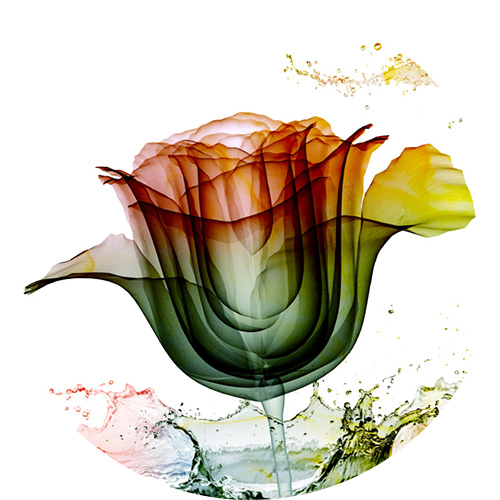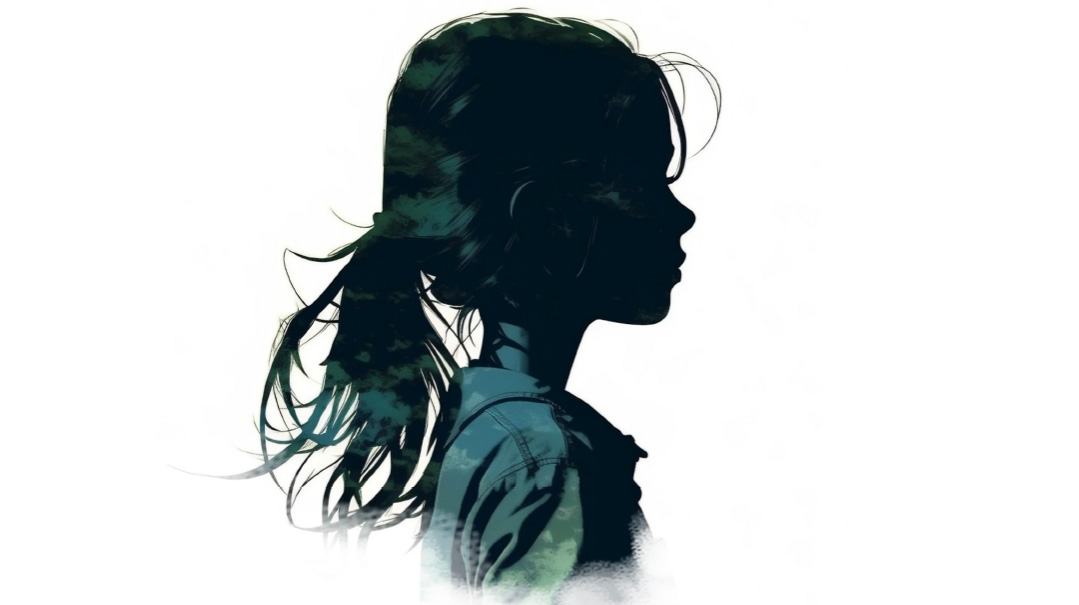Vered’s Story: Chapter 9
| December 27, 2022“Well, you know,” she said. “You don’t live in a place with lots of Jews….”

Camp was okay. I didn’t have trouble socially. But the camp was full of yeshivish girls from “in-town” (whatever that meant). I found myself confused by the whole experience; yes, camp was interesting, but… it really wasn’t so amazing.
One evening, after night activity, I asked my counselor about it. “Why do I feel so different?” I asked.
My counselor tried to explain. “It’s because you’re such an out-of-towner,” she said.
I shot her a questioning look. “What do you mean?”
“Well, you know,” she said. “You don’t live in a place with lots of Jews….”
My mouth fell open. “What are you talking about?” I said. “I do live in a place with lots of Jews!” When I had transferred to Bais Yaakov just one year earlier, after my bas mitzvah, we’d also moved closer to the Jewish community. This meant moving further away from the more rural, predominantly non-Jewish area in which we’d lived before. In my new home, we were surrounded by Yidden — there was even a kosher pizza store, a kosher bakery, and a kosher grocery. What was “out-of-town” about that? We were absolutely surrounded by Jews! We lived the pinnacle of Jewish existence!
During that summer I learned about in-town and out-of-town, and I learned that in-towners thought that anything beyond their immediate world was farmland. I remember one girl from Boro Park, upon hearing where I came from, asking if we lived on a farm. I looked at her as if she’d suggested planting hockey pucks in a garden. “A farm?” I said. “Absolutely not! I live in a big American city!” She giggled and replied, “You’re such an out-of-towner.”
After several such encounters, I started seeing the differences between myself and my camp friends. I discovered that there were cultural differences and social nuances. “Frum” was not one big homogenous group. There were lots and lots of micro-groups making up the “frum” whole. They were distinguishable one from the other by minor nuances of dress, nusach, accent, and neighborhood. It was a real eye-opener and a great learning experience.
I spent more time with our counselor than with my bunkmates. She was more mature than they were. She was nice, and she was happy to talk and explain all the mysterious differences and nuances to me.
I wanted to feel like everyone else. People feel terrible when others make them feel different. In camp I learned that I was different. Instead of being “frum,” I was an “out-of-towner” and they were “in-towners.” Instead of being concerned about halachah, my camp friends were worried about alligator shirts.
It took me time to tease out the difference between culture and halachah; often, I had no way to know which was which. As I encountered more people and situations in camp, the realization that we were not all the same became clearer. But I also realized that we could be careful about halachah and follow the same Torah even if we were wearing different T-shirts. It wasn’t so clear to me if my campmates knew that, too. Coming to this realization was very significant for me. All the external trappings that were so important to the girls in camp were not Torah; they were limited to a group of people who chose to focus on those things.
This was as refreshing to me as a long sip of cool mint lemonade on a muggy summer day, because it helped me realize that maybe I don’t need to work so hard to fit it in. Who decided that we needed to wear expensive alligator shirts? It was so arbitrary, and realizing that filled me with a new sense of freedom to be my own person and find my own way. Minus the alligators.
to be continued…
(Originally featured in Mishpacha Jr., Issue 942)
Oops! We could not locate your form.


